Farmers, companies, and researchers are involved in regenerative agriculture to cut costs and improve quality, productivity, and profitability while also delivering significant benefits like lowering greenhouse gas (GHG) emissions and preserving and regenerating agricultural land and ecosystems.
Vietnam is mostly an agricultural nation, although it also contributes significantly to emissions. The main sources of agricultural emissions include land management, animal husbandry, fertiliser usage, and agriculture. Gases such as CH4 and CO2 are emissions. Statistics show that Vietnam's agriculture sector contributes more than 30% of the nation's annual carbon dioxide (CO2) emissions, or over 80 million tonnes, to the atmosphere. Almost 70% of it is derived from farming.
Vietnam and around 150 other nations promised in the 2021 United Nations Climate Change Conference (COP 26) to cut global methane (CH4) emissions by 30% by 2030 compared to 2010 and to achieve net zero emissions by the middle of the century.
Vietnam has committed to bringing net emissions to zero by 2050, which means it would need to invest $368 billion, or around 6.8% of GDP. The government and corporations must work together to raise this enormous sum of money.
The shift to low-carbon, circular economy, digital transformation, ecological agriculture, contemporary countryside, and civilised farmers must all be tightly linked to reducing greenhouse gas emissions. The Central Highlands, where tens of thousands of agricultural households have made the conversion to regenerative agriculture, have demonstrated how to overcome problems and fulfill obligations.
According to Mr. Hoang Van Son, a coffee farmer in the province of Dak Lak's Ea Ktur commune's Cu Kuin district, regenerative agriculture is very profitable. "By converting to regenerative agriculture, we fertilise the soil with humus made of grass, branches, and leaves instead of using pesticides. Water and chemical fertilisers are used far less when high-quality, resistant seedlings are used. With pepper and avocado intercropped, each coffee tree now yields 3–4 kg of seeds every season, compared to only approximately 2 kg under traditional production methods.
The revenue increases to VND190 million per acre as a result," he stated.
The NesCafé Plan has helped 21,000 farmers in the Central Highlands regions enhance the way coffee trees are cultivated and maintained to move towards regenerative agriculture, according to Mr. Nguyen Huu Thong, agricultural officer of Nestle Vietnam Company.
Farmers are specifically told to monitor the pH (potential of hydrogen) of the soil to fertilise it appropriately, identify pests and diseases, and provide advice on the best ways to protect plants. More than 21,000 farmers have received worldwide certification 4C for sustainable farming after 12 years of implementation. Farmers save 20% on fertiliser and 40–60% on the water on their farms.
Additionally, to enhance the quality of coffee beans, the initiative collaborates with Central Highlands Agricultural Institute specialists to facilitate the replanting of coffee trees by cultivating 63 million seedlings. Varieties of plants are more resilient to drought. Farmers that purchase seedlings are initially given 50% financial assistance, and then they receive a direct VND1,000 per tree discount.
Vietnamese greenhouse gas emissions will be reduced by 30% by 2030, according to the Sustainable Agriculture and Rural Development Strategy for the 2021–2030 period, with a view to 2050, according to Ms. Nguyen Thi Tieu Oanh, Head of the Industrial Crops Department at the Western Highlands Agriculture and Forestry Science Institute (WASI).
The two best options for the agriculture industry are the implementation of sophisticated farming techniques and water management. All economic sectors and resources must be mobilised for development to carry out this strategy, particularly the private sector. The government mobilises social and private resources, requests foreign assistance, and gives priority to State financial resources.
The Vietnam Chamber of Commerce and Industry (VCCI), according to Ms. Nguyen Quynh Nga, Deputy Director of the Office for Business Sustainable Development, will increase the model's appeal and extend it to other agricultural industries. When coupled with other sustainable development measures, it will play a significant role in advancing green agriculture and fulfilling the promises made at COP 26.
News Sorce: Vietnam Business forum
End//voice7news.tv
A global news agency.



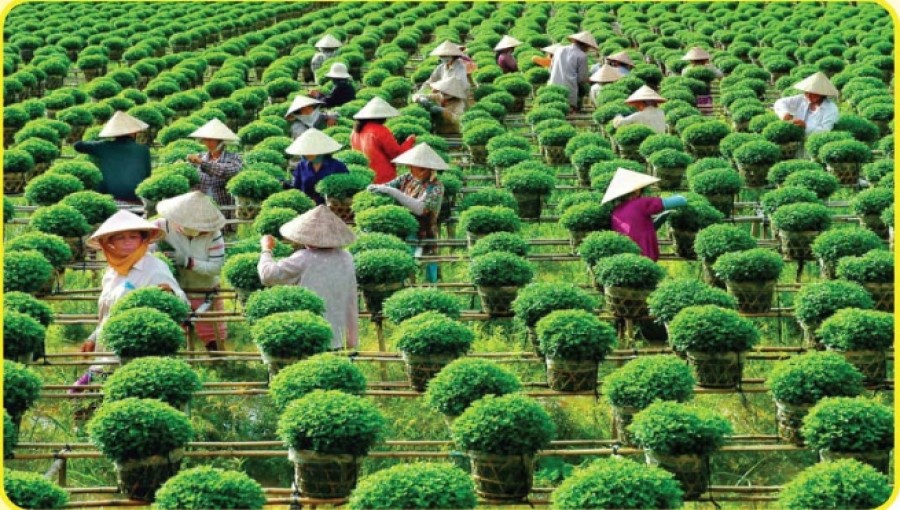
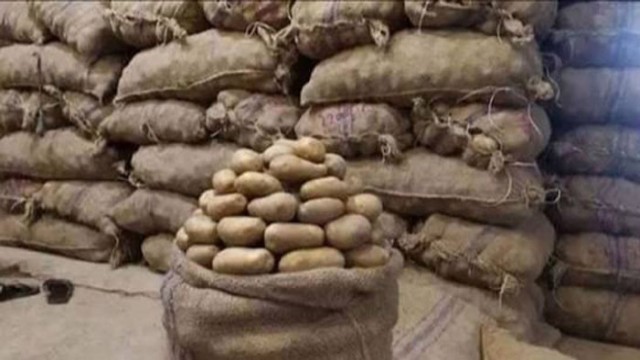
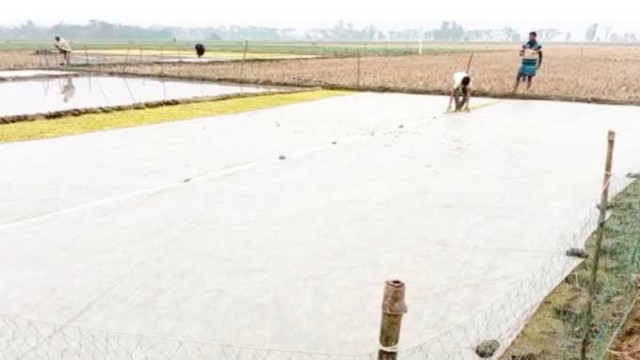
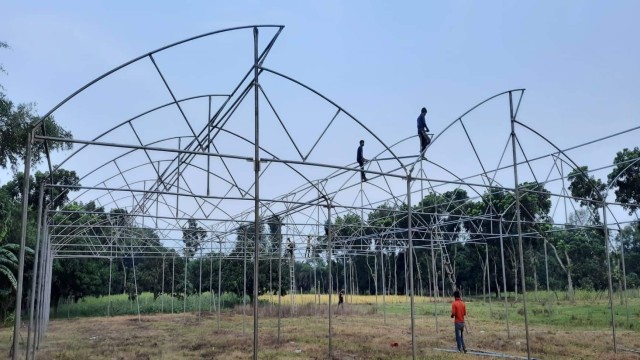
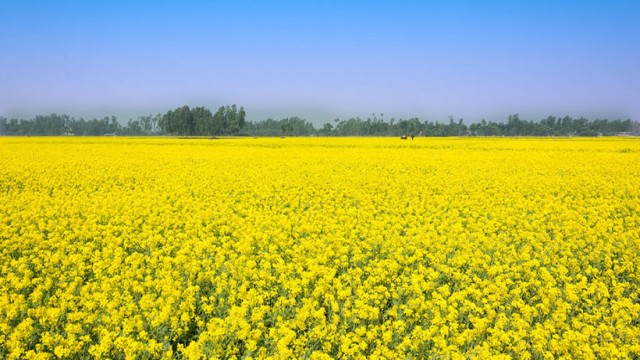
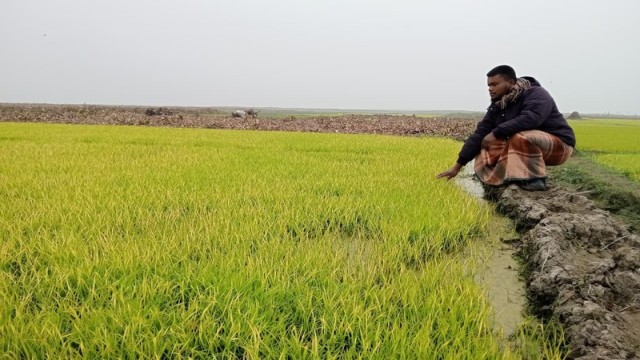
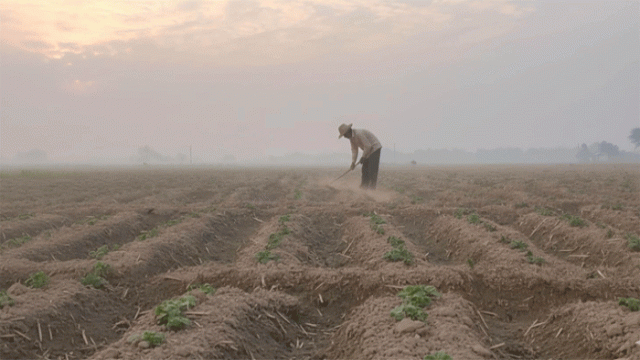





















Comment: